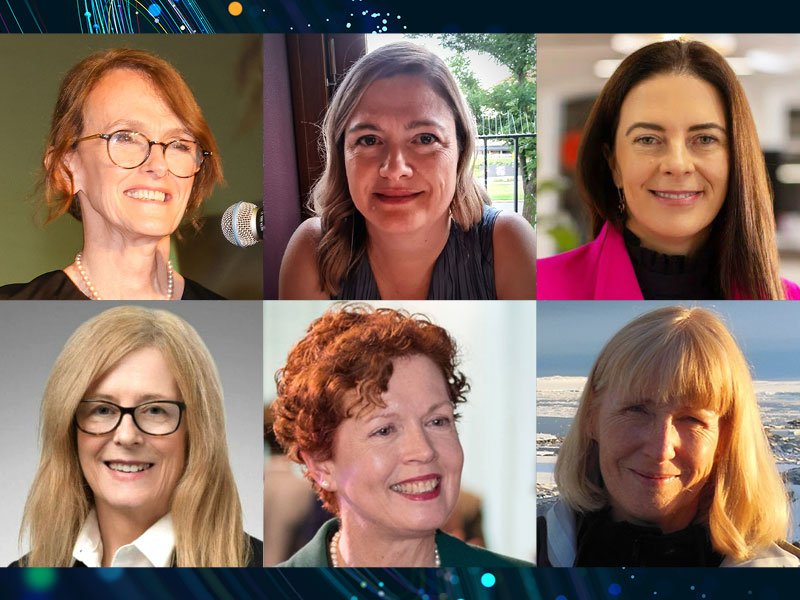In a year marked by so much public discussion about the importance of diversity, it is heartening to see such impressive female representation among our chief scientists around the country. There is no question: visibility and representation are important.
It is also important, however, to ensure that our commitment to diversity and inclusion are not just limited to the visible. It is how we treat people who are not seen that will prove the true marker of shifting cultural attitudes. And there, the innovation sector still has a long way to go to achieve some crucial goals.
Artificial Intelligence, quantum computing, the metaverse – it feels like we are on the very brink of a next and possibly dramatic stage in the evolution of our technological lives. It is a moment steeped in opportunity but also peril.

We are already aware of the dangers inherent in biased technological development – racist facial recognition software, for example – but what is even more frightening is thinking about all the bias that we are not yet even aware exists.
This is the bias floating around in the code of a thousand different products that could shape the next decade of technologically advanced human life on this planet.
For this reason, alongside many others, we need people in the room when design decisions are made. We need women in the room, we need people of diverse ethnic, cultural and socioeconomic backgrounds, we need people from different career backgrounds and educational backgrounds in the room.
We need people of different sizes and with different ways of looking at the world. We need true diversity in the computer labs of decision-making. Only then do we have even the smallest chance of building fair and equitable tech even as that tech comes to govern the minutia of our everyday lives.
But achieving diversity is not a simple task. Even getting it right on women alone is an ongoing challenge. The gender pay gap in STEM industries is still 19 percent.
What the pandemic has shown us is that when, it came to the crunch, in lockdown with their families last year, it was women taking on the majority of the additional childcare and housework. Women who were already doing most of the caring and chores.
This is a measure we often harp on about when it comes to gender equity debates, but I sometimes wonder if the meaning of these statistics is lost because housework is boring and “why does it matter?”
Australian women spend an average 21 hours more unpaid work than men. That is half a full-time job right there. Culturally, we are still not valuing women’s labour equal to that of men. What this really boils down to is a bone-deep cultural belief that female time is less precious, her professional outcomes less important.
And there is a reason we focus on these metrics as a measure of progress. Change is hard. Cultural change, doubly so. It requires a genuine shift in our attitudes, decision-making and priorities.
Without a strong and sustained effort on the part of everybody involved we will not achieve the diversity in industry that is so urgently needed at this moment before technology begins to truly govern very the minutia of our lives in an even more pervasive way than it already does.
We need to train people with more diverse backgrounds in STEM. We need to lure people into career changes. We need to incentivise women to choose STEM careers. We need to build inviting, inclusive workplaces that are genuinely open to diverse ideas.
We need to leverage the flexibility benefits of distributed workforces – our new, post-pandemic “normal” – to attract and maintain people with different kinds of lifestyles and home duties.
We need to redefine what it means to be a “good” employee, moving away from a “bums in seats” mentality towards an outcomes-based measure of success.
We’re on the brink of big change. Let’s make sure we bring everyone along on that journey.
Corrie McLeod is the Publisher of InnovationAus.com and Chief Executive of Hello Espresso.
Do you know more? Contact James Riley via Email.
